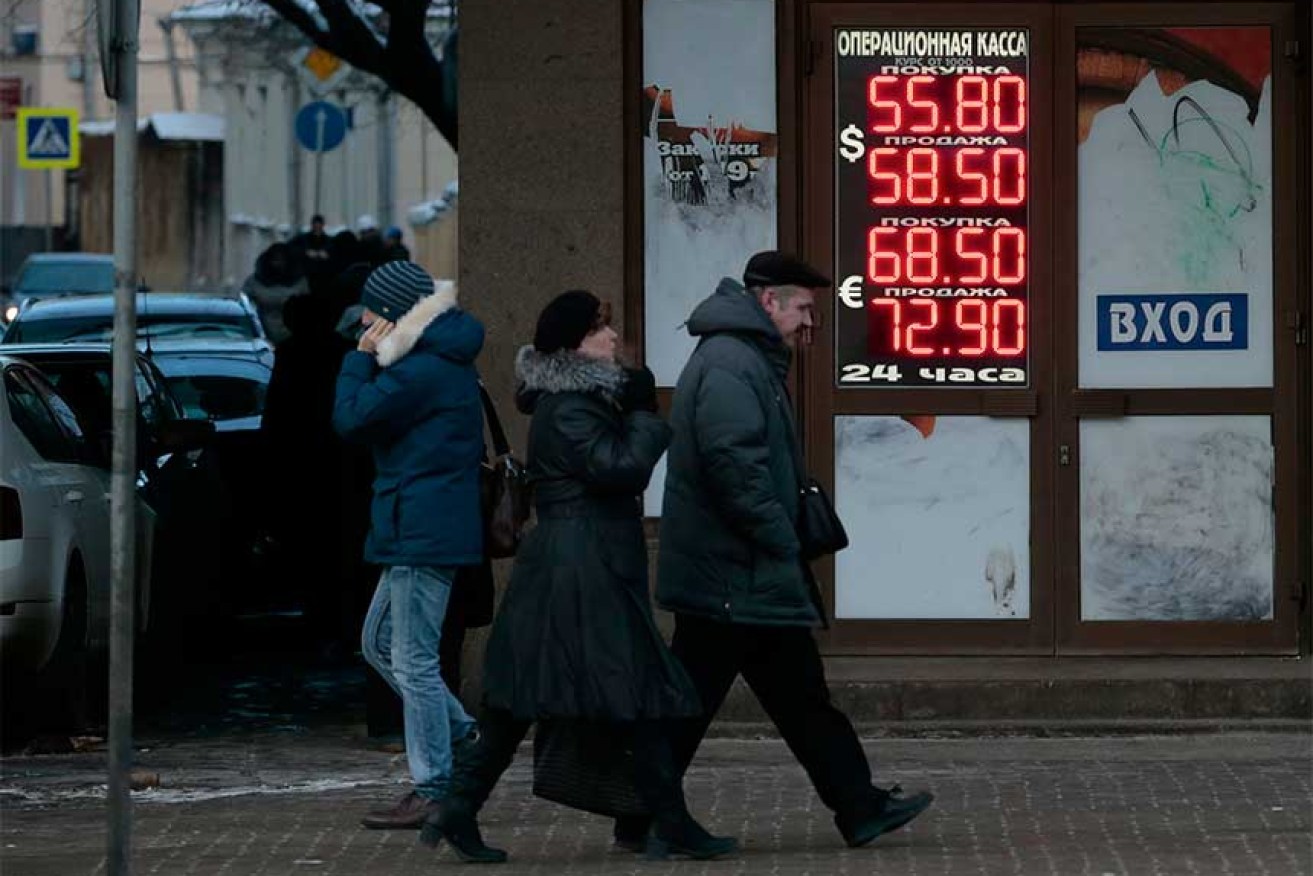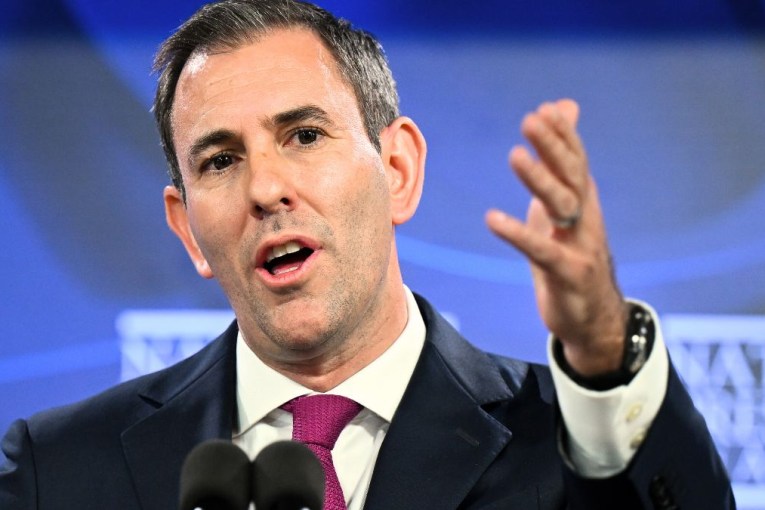Russian economy shrinks on collapse in oil price and rouble

Russia’s economy shrank in November for the first time in five years, illustrating the sharply changing fortunes of President Vladimir Putin’s rule as he faces falling oil prices and Western sanctions.
The government figures released on Monday were the latest indication that Russia was sliding toward recession – and potentially a deep one should oil prices remain low – presenting a major challenge to Putin amid his current showdown with the West.
The economy ministry said gross domestic product for the month contracted by 0.5 per cent year-on-year for the first time since October 2009.
The ministry chalked up the negative growth to a slowdown in sectors including services, agriculture, extraction of mineral resources and construction.
Households’ real disposable incomes went down by nearly three per cent in November compared to October when they were up 2.4 per cent, the economy ministry’s figures showed.
Under pressure from the low oil price and Western sanctions over the Kremlin’s support for separatists in Ukraine, Russia is heading for a sharp recession complete with the collapse of the rouble and double-digit inflation.
“This is the beginning of a recession,” said Ruslan Grinberg, director of the Institute of Economics at the Russian Academy of Sciences.
Putin’s pact with voters has for years been based on relative prosperity and high oil prices.
He has dismissed the financial troubles as temporary, saying the economy would adjust to the low oil price and rebound in two years at most.
But many economists said such statements exposed a lack of a firm plan to deal with the crisis.
The rouble has fallen some 40 per cent against the US dollar this year.
On Monday, the rouble was down by around six per cent against the greenback at the opening but later recovered some of the losses and traded at around 56 roubles to the dollar in afternoon trading.
Russia’s national currency fluctuated wildly earlier this month, forcing Russians to snap up imported goods ahead of expected price hikes.








